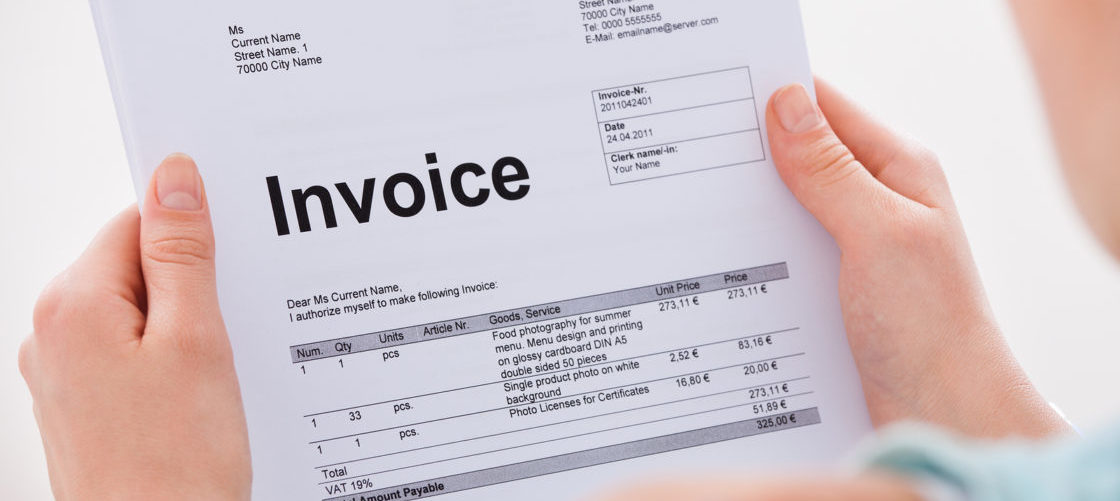“Marked down!” “Clearance!” “FREE!”
You love finding one of those stickers affixed to an item you want to buy. But are you inadvertently slapping an undervalued, bargain basement price tag on your own forehead?
When you undervalue your own merit as a person, you tell yourself — and the world — that you’re unworthy or less than everyone else. And that can wreak havoc not just on your money but on all areas of your life.

So are you subconsciously slashing your personal price tag? Here are three tell-tale signs that you’re selling yourself short and are undervalued.
#1 – You’re your own worst enemy
Take a step back, and think of something that’s incredibly valuable to you. Maybe your favorite piece of clothing, a vehicle, your grandma’s serving platter or your wedding ring.
Now consider how you treat that treasured object. Of course, you handle it gingerly, maintain it lovingly and admire it frequently. And you wouldn’t dream of putting into the hands of a careless person or someone who purposely mistreats your beloved possession.
So what about you as a person? If you recognize on some level that you are inherently valuable, then you’re choosing to de-value yourself when you permit negative self-talk. For instance, have you ever caught yourself thinking the following:
- “I can’t . . . do math, change a tire, stick to a diet, improve my life, etc.”
- “I’m terrible at . . . relationships, parenting, math, understanding my money, etc.”
- “I’m not . . . smart, interesting, attractive or creative enough.”
- “I hate my . . . trusting nature, klutziness, laugh, body, etc.”
- “I’ll never be good at . . . speaking in public, negotiating, staying organized or managing my money.”
When you allow that kind of self-bullying into your life, you’re telling yourself that you’re not enough and certainly not worthy of good things in life.
How can you start supporting yourself instead of tearing yourself down?
Begin by catching and stopping negative self-talk early. Then start replacing those pessimistic phrases with positive affirmations.
Science actually shows that using your name (“John is so ready for this presentation!”) or speaking to yourself in the second person (“You look awesome today!”) is actually even more effective than speaking in the first person (“I can do this.”) So look in the mirror, smile and give yourself a motivational pep talk!
#2 – You settle for a discount valuation from others
The way you treat yourself signals to the rest of the world how you expect to be treated. After all, the price you put on anything communicates its quality and worth.
So there’s no way you can truly value yourself if you constantly allow other people to toss you in the bargain bin. Being a nice person is not synonymous with being a doormat or allowing other people to treat you cheaply or even like worthless trash.
In actuality, healthy boundaries clearly communicate how others are allowed to treat you. Putting boundaries in place — and sticking to them — is not the act of a diva but a hallmark of self-respect and self-care. And people who honor those boundaries communicate their respect for you. It’s an equal give and take between human beings in a mutually respectful relationship.
So don’t let other people sell you short — treating you as less than human, devaluing your work, laughing off your feelings or telling you how to spend your money or live your life.
Be proud of your value. And surround yourself with people who recognize it.
#3 – You routinely devalue your loved ones
The way you treat the important people in your life figures strongly into the amount of value that you place on yourself. After all, how much inherent value can you have if you treat the folks you claim are most special to you as worthless themselves?
 I talk a lot about the importance of protecting your family financially — maintaining a strong emergency fund, carrying the appropriate levels of insurance and paying yourself first. In fact, every one of these activities revolves around the concept of valuing your family’s well-being.
I talk a lot about the importance of protecting your family financially — maintaining a strong emergency fund, carrying the appropriate levels of insurance and paying yourself first. In fact, every one of these activities revolves around the concept of valuing your family’s well-being.
You want them to feel secure. You want them to know that they’ll have the monetary resources they need to get through an accident or illness. And you want them to feel the love that comes from knowing you’ll take care of them even if you should die.
When you treat your loved ones with respect, dignity and care, you communicate to them just how much you cherish them. And, in being that kind of person, you can rightfully add to the value of your own personal price tag.
Valuing your own worth is the first step toward permitting yourself to go after what you need and strive for what you want. Sometimes that’s a big goal like Financial Freedom. Other times, it’s simply a matter of wanting to live authentically and fully in the world. But accomplishing your dreams — and making the world a better place — starts with proclaiming your self-worth and acknowledging the worth of your fellow humans.
image credit: Bigstock/AndreyPopov
Dr. Tony is the co-founder of MindShift.money and the best-selling author of three books on personal and business finances. Having achieved Financial Freedom at 27, Dr. Tony believes that through Financially Fit Bootcamp and Cash Flow Cure everyone can get there. He has made it his life’s mission to help others live a life where their money works for them—not the other way around.
